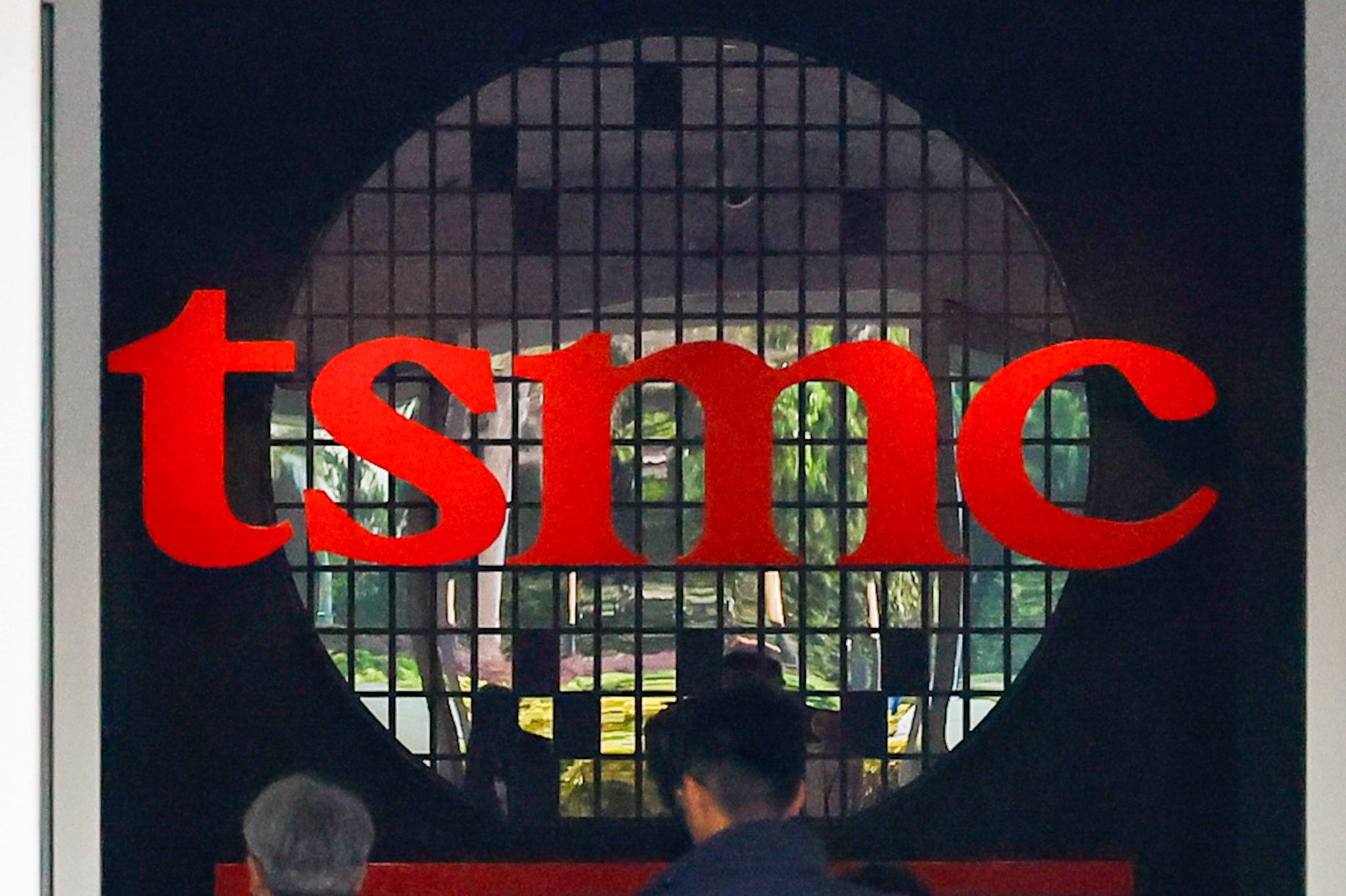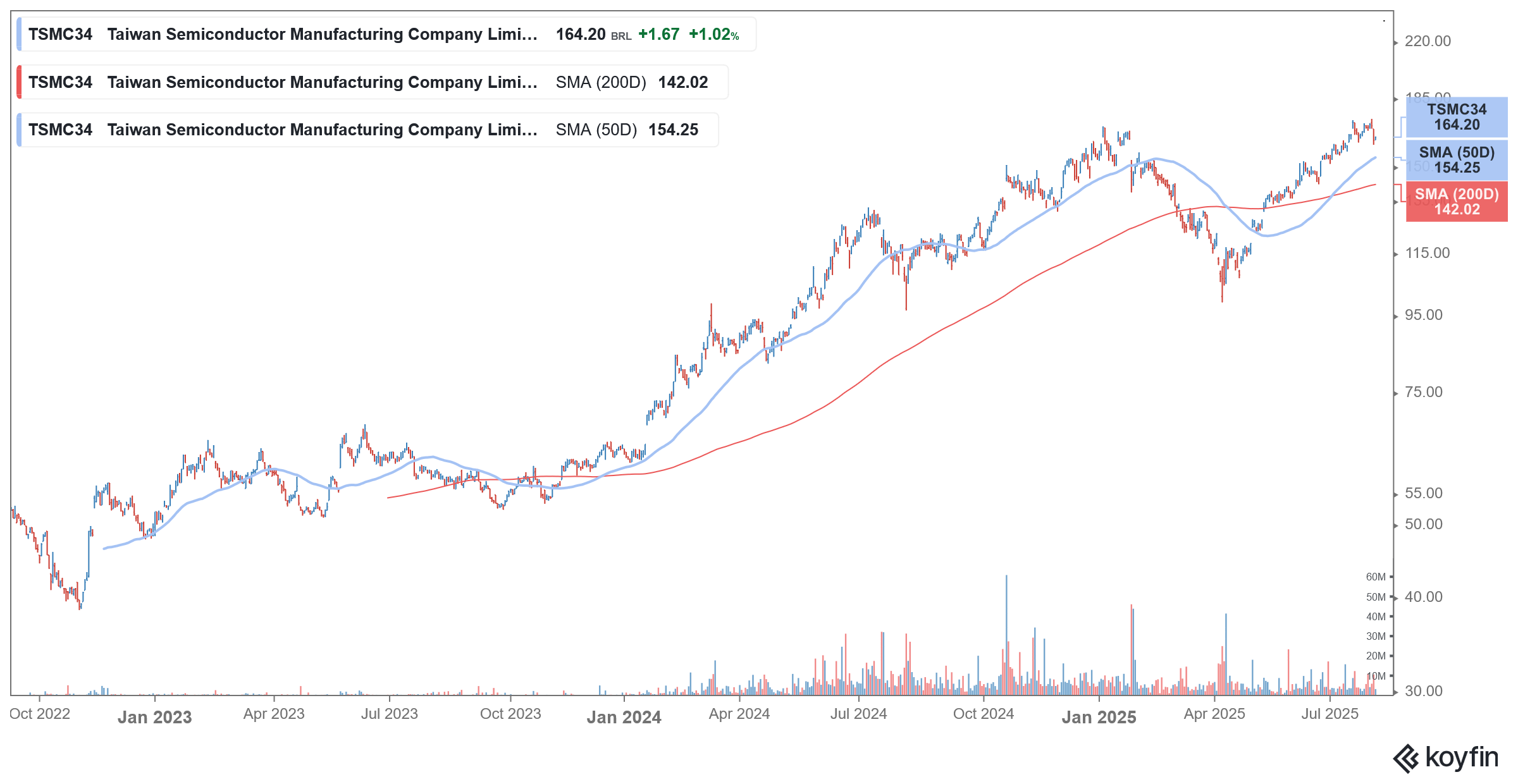
Taiwan Semiconductor Manufacturing Company (TSMC) has launched a legal and disciplinary crackdown following the discovery of a potential trade secret breach. The incident involves several employees and is related to the chip maker’s highly advanced 2-nanometer (2nm) chip technology, a critical asset in the fierce global competition for semiconductor leadership.
TSMC’s internal monitoring systems flagged unauthorized activities, leading to a swift investigation. According to reports, the breach involves several employees, including former personnel, who were allegedly attempting to obtain critical proprietary information. The company has since taken strict disciplinary action against those involved and has initiated legal proceedings. The case is now under judicial review, which limits the public information TSMC can provide.
TSMC discovers data breach
TSMC told CNBC that it “maintains a zero-tolerance policy toward any actions that compromise the protection of trade secrets or harm the company’s interests.”
It added, “Such violations are dealt with strictly and pursued to the fullest extent of the law. We remain committed to safeguarding our core competitiveness and the shared interests of all our employees.”
TSMC’s 2nm technology is the cutting edge of semiconductor manufacturing, offering significant advantages in both chip density and energy efficiency. The technology is expected to be a key component in the next generation of AI, mobile, and high-performance computing devices. The company’s ability to protect this intellectual property is essential for maintaining its dominant market position and justifying the billions of dollars it has invested in research and development.
The timing of this breach is particularly sensitive as TSMC is in a race against competitors like Intel and Samsung to bring 2nm technology to market. The company is currently aiming for mass production of its N2 process in the second half of 2025.
Chips are strategically important
The strategic importance of semiconductors has increased as they are used in the production of many goods, ranging from cars to gadgets. The COVID-19 pandemic exposed the vulnerabilities in the global supply chain, and since then, several countries have been looking to onshore ship production.
As a cornerstone of the AI boom, semiconductors have surged in strategic importance. This rise, coupled with escalating geopolitical tensions, has placed a spotlight on the technological advantages of key players in the chip supply chain, such as TSMC and other industry leaders.
The US imposed restrictions on exports of advanced AI chips to China
The Biden administration imposed restrictions on exports of advanced AI chips to China, fearing their dual military use. The Trump administration tightened the screws after it restricted the exports of Nvidia’s H20 chips that the company had specifically designed for China. However, Nvidia has said that it has received assurance from the US government that it would be allowed to resume H20 exports to China.
Meanwhile, China’s Cyberspace Administration said that Nvidia executives met with its officials in Beijing last week over potential national security risks posed by the H20 GPU. The CAC said that it requested Nvidia “to clarify and submit relevant supporting documentation regarding security risks, including potential vulnerabilities and backdoors, associated with its H20 computing chips sold to China.”
As expected, Nvidia has vehemently denied allegations of its chips having a “backdoor.” In its statement, the company said, “Cybersecurity is critically important to us. NVIDIA does not have ‘backdoors’ in our chips that would give anyone a remote way to access or control them.”
US-China AI chip war
There has been an apparent AI chip war between the US and China, and the former has been looking to curb China’s progress in AI by restricting exports of advanced AI chips. However, there have been apprehensions that China has been circumventing the US ban through transshipments.
Earlier this month, there were reports that a draft rule from the US Commerce Department aims to tighten controls on shipments of powerful AI processors, such as those made by Nvidia, to these two Southeast Asian nations. The concern stems from the possibility that these chips, once in Malaysia or Thailand, could be rerouted or provide remote access to AI computing power for Chinese entities.
Is China circumventing the US chip export ban?
Meanwhile, allegations of China circumventing US AI chip export restrictions have been around for quite some time now. For instance, a surprisingly large percentage of Nvidia’s revenue is billed to Singapore addresses, making it the company’s second-largest market after the US in some quarters.
However, Nvidia has clarified that these are often “bill to” locations and not necessarily the final “ship to” destinations, stating that actual physical shipments to Singapore are insignificant. This discrepancy has fueled speculation that Singapore is being used for invoicing purposes before the chips are ultimately rerouted.
Singaporean authorities have launched an independent investigation into a fraud case involving Nvidia AI chips. Three men, including a Chinese national and two Singaporeans who are executives at a Singapore-based tech company (Aperia Cloud Services), have been charged with fraud. They are accused of misrepresenting the end-users of advanced server equipment containing Nvidia chips.
The servers were reportedly sent from Singapore to Malaysia, but their ultimate destination remains unknown, raising suspicions that they were intended for restricted markets like China.
The significant revenue billed to Singapore, coupled with the ongoing investigations, has led to accusations of a “Singapore backdoor” being used to funnel restricted Nvidia chips into China. While Nvidia denies direct involvement in any circumvention, the situation highlights the complexity of global supply chains and the challenges of enforcing export controls.
Nvidia believes US chip export restrictions have failed
Nvidia has said that US export control restrictions have “failed” and are instead counterproductive as they are spurring innovation in the country.
NVDA CEO Jensen Huang has repeatedly stated that if the US restricts its own technology companies from operating in China, Huawei is well-positioned to fill that void. He believes that Huawei will effectively “have China covered” in terms of AI technology, building out its ecosystem. This highlights his concern that US sanctions, rather than hindering China’s AI development, might accelerate Huawei’s rise as a domestic alternative.
Notably, Huawei faced crippling US sanctions in the past. However, the Chinese tech giant managed a chip breakthrough despite these sanctions. The company’s smartphones working on these chips are quite popular with Chinese consumers, and its soaring sales are coming at the cost of iPhone sales in the country.


Question & Answers (0)